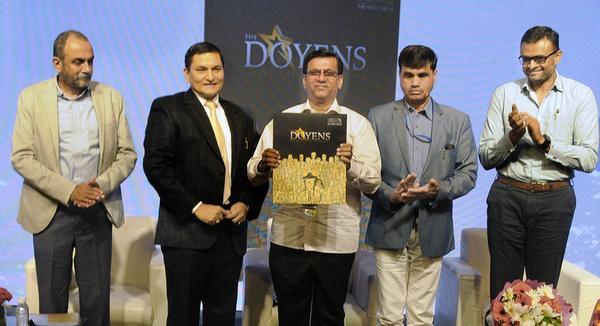
“There is a mismatch between the investments made to seek higher education and the returns from it,” Punia said at the Guardians of Knowledge event organised by the Hindu, which included a gathering of teachers from private and public educational institutions.
Punia said higher education in India is not sustainable as the per capita income was ₹60,000 and the cost of studies and expenses associated with it were around ₹2 lakh.
“This is just not sustainable; especially in specialised fields like medical. But the benefactors will never be able to recover it in five years. After that the engineers are told that they are not employable.”
Various industry bodies have repeatedly pointed out the same concern.
Punia also raised concerns about the out-of-sync syllabus which does not meet the latest demands.
If we want to give results, we will have to change, asserted Punia.
He was particularly vocal about the state of teaching in India. “The gross enrolment ratio in India is 24 per cent, whereas it is 87 per cent in the US and 40 per cent in China.” A part of the reason for this low gross enrolment can be attributed to the cost of education.
“We have to join hands with private institutions and simplify policies to improve student’s gross enrolment ratios,” said Karnataka Higher Education Minister Basavaraj Rayareddy.
Shyamasundar, Advisor- National Assessment and Accreditation Council (NAC), Karnataka, said the council plans to reach 40 per cent gross enrolment ration by 2020.
“We are missing trainers, mentors who can impart serious direction to students and the question is, can we change the direction,” asked Punia.
He pointed to fields like manufacturing, which the country has neglected, in favour of services.
Source: Hindu Business Line

Leave a Reply